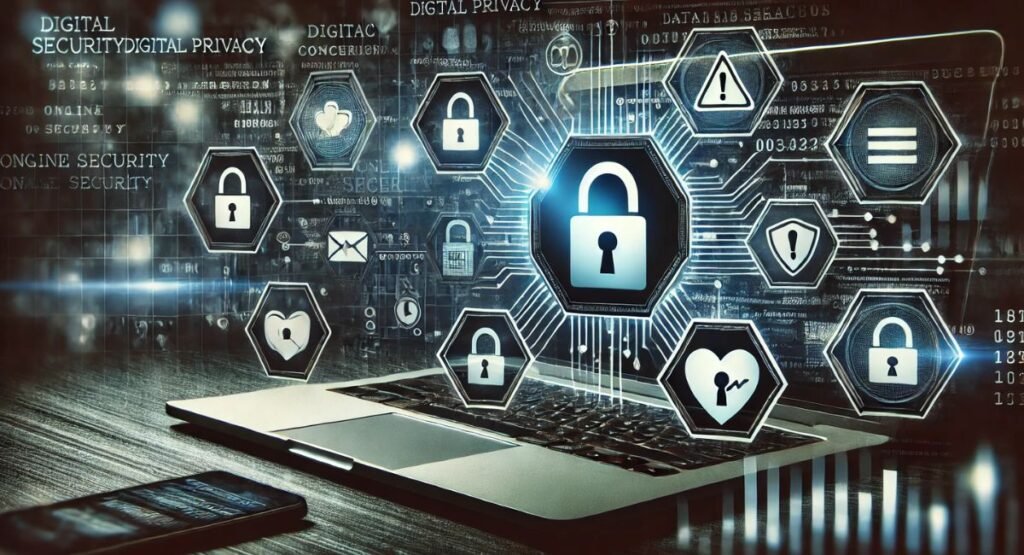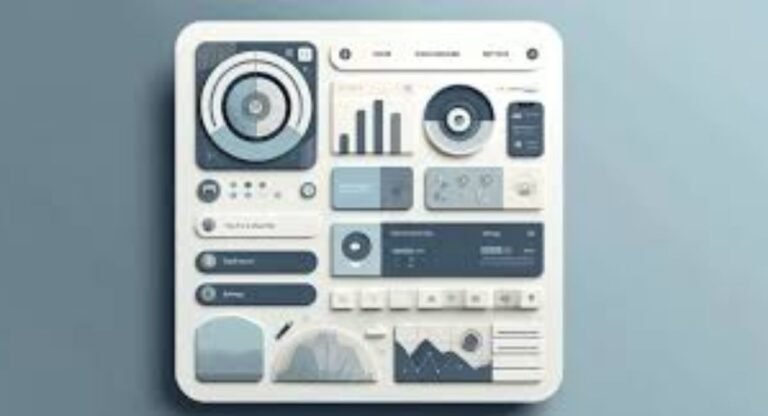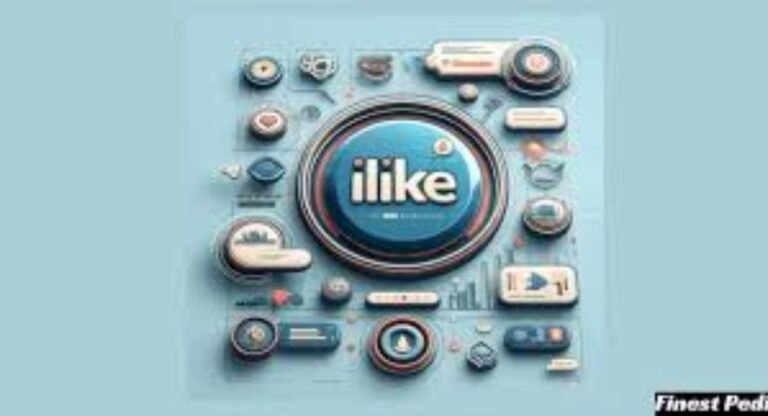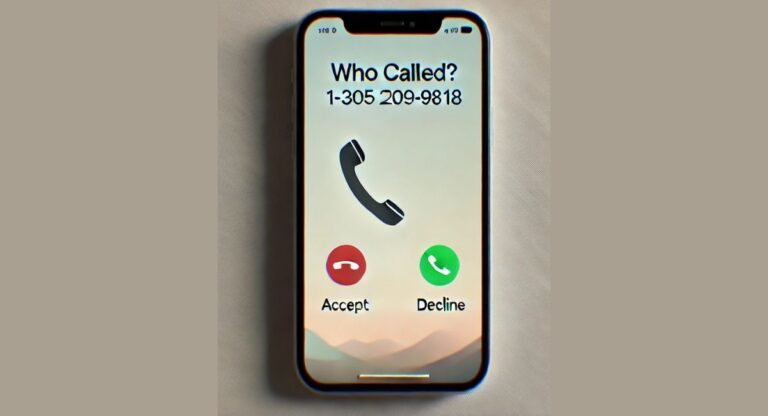In today’s interconnected world, privacy breaches have become an alarming concern for individuals, especially when personal information and media are leaked without consent. A topic that has recently gained attention is the Amanda Labollita Labooty Leak Archive, sparking discussions about the importance of digital privacy and the steps needed to protect oneself online. This article will explore the concept of leaked archives, the dangers of such breaches, and how you can safeguard your digital presence in a vulnerable online environment.
What Is the Amanda Labollita Labooty Leak Archive?
The term Amanda Labollita Labooty Leak Archive refers to an alleged release of private or sensitive content involving Amanda Labollita, likely shared without her permission. Leaks like these typically involve personal photos, videos, or information that were intended to remain private. Unfortunately, this content can be exposed online through malicious actions, such as hacking or unauthorized access, and stored in what is known as a “leak archive”—a repository of leaked information accessible to the public or specific communities.
The term “Labooty” in this context appears to reference private or intimate content, suggesting that this leak involved sensitive material. These leaks can cause emotional, reputational, and legal harm to the individuals involved, underscoring the importance of understanding how such breaches happen and the steps to mitigate them.
How Do Online Leaks Like This Happen?
Understanding how digital privacy breaches occur is essential to protect personal information. Several factors contribute to the spread of private content without consent:
1. Hacking and Cyberattacks
One of the most common methods by which leaks occur is through hacking. Cybercriminals target personal accounts, such as emails, social media, and cloud storage, using sophisticated techniques to gain unauthorized access. Once inside, they extract personal information or media and either distribute it for profit or simply to harm the victim.
2. Phishing Scams
Phishing is a popular method used to deceive individuals into revealing their personal login credentials. Attackers often send emails or messages pretending to be from trusted entities, tricking victims into clicking on malicious links that compromise their accounts. Once hackers gain access, they can retrieve sensitive content and share it.
3. Weak Security Practices
Many online breaches happen because of weak security practices, such as using simple passwords, reusing passwords across platforms, or neglecting to enable two-factor authentication (2FA). Weak security allows attackers to gain easy access to personal information, often without the victim realizing their data is at risk.
4. Malicious Insiders
In some cases, leaks are caused by people who were originally trusted with the information. This could be a former friend, partner, or colleague who chooses to distribute private content without permission. This type of breach often occurs due to personal disputes or malicious intent.
5. Cloud Storage Vulnerabilities
Cloud storage systems like Google Drive, iCloud, or Dropbox are convenient ways to store personal data, but they can be vulnerable to hacking. While cloud services employ strong security protocols, they are not immune to breaches. Attackers who compromise cloud storage accounts can access vast amounts of personal data.
The Emotional and Legal Consequences of Leaks
The impact of leaks such as the Amanda Labollita Labooty Leak Archive can be devastating, both emotionally and legally. Victims of privacy breaches often face significant challenges in their personal and professional lives.
Emotional and Psychological Impact
The emotional toll of having intimate content leaked can be immense. Victims often experience feelings of violation, shame, and anxiety. The public exposure of private moments can lead to embarrassment, social stigma, and, in some cases, depression. For individuals like Amanda Labollita, the damage extends beyond immediate distress—it can have long-lasting psychological effects, impacting trust and self-esteem.
Reputational Damage
For individuals in the public eye or those with established careers, leaks can lead to serious reputational harm. The public nature of online leaks can alter how a person is perceived by employers, peers, and even family members. In some cases, victims of leaks face professional consequences, such as job loss or damage to future career opportunities.
Legal Ramifications
Leaking private content without consent is illegal in many countries and can lead to criminal charges. Laws related to online privacy, such as “revenge porn” legislation, have been enacted to protect individuals from the unauthorized distribution of intimate content. Those responsible for the leak can face fines, legal action, and imprisonment.
Victims can also pursue civil lawsuits against the perpetrators for invasion of privacy, emotional distress, and reputational damage. Legal action is often a necessary step for individuals seeking to remove the leaked content from online platforms and hold the responsible parties accountable.
How to Protect Yourself from Online Leaks
Preventing online leaks is critical in today’s digital age. While no method is foolproof, there are steps you can take to significantly reduce the risk of having your personal information compromised:
1. Use Strong, Unique Passwords
One of the most effective ways to protect your accounts is by using strong, unique passwords. Avoid using the same password across multiple platforms, and ensure that each password contains a combination of upper and lowercase letters, numbers, and special characters. Password managers can help generate and store complex passwords securely.
2. Enable Two-Factor Authentication (2FA)
Two-factor authentication (2FA) adds an extra layer of security to your accounts by requiring you to verify your identity with a secondary device, such as your smartphone. Even if a hacker obtains your password, they will need the additional verification step to gain access.
3. Be Wary of Phishing Attempts
Phishing attacks are one of the most common ways personal information is stolen. Be cautious of emails, text messages, or social media messages that ask for your personal information or prompt you to click on suspicious links. Always verify the authenticity of any communication before providing your details.
4. Secure Cloud Storage
If you use cloud services to store sensitive information or media, ensure that these platforms are secured with strong passwords and 2FA. Additionally, consider encrypting your files before uploading them to the cloud to provide an extra layer of protection.
5. Limit the Sharing of Sensitive Content
While it can be tempting to share personal content with trusted individuals, remember that once something is shared digitally, it can potentially be leaked. If you must share sensitive content, use secure methods such as encrypted messaging apps, and set expiration dates for files whenever possible.
Steps to Take If You Are a Victim of a Leak
If you discover that your personal information or media has been leaked, it is important to act quickly to minimize the damage:
1. Contact the Platform Hosting the Leak
Most online platforms, such as social media sites or file-sharing services, have policies against the unauthorized sharing of intimate content. Contact the platform immediately to request the removal of the leaked content.
2. Report the Incident to Law Enforcement
Depending on your location, sharing private content without consent may be a criminal offense. Report the leak to local authorities and provide any evidence that can help identify the perpetrator.
3. Consult a Legal Professional
Consider seeking legal counsel to understand your rights and pursue action against the individual(s) responsible for the leak. A lawyer can also help you issue take-down notices and file civil suits if necessary.
4. Seek Emotional Support
Dealing with the aftermath of a privacy breach can be overwhelming. Reach out to friends, family, or professional counselors for support as you navigate the emotional challenges of the situation.
FAQs
What is the Amanda Labollita Labooty Leak Archive?
The Amanda Labollita Labooty Leak Archive refers to an unauthorized release of personal or intimate content related to Amanda Labollita that was shared online without her consent.
How do online leaks typically occur?
Leaks happen due to hacking, phishing attacks, weak security practices (like using weak passwords), or the malicious sharing of content by people who originally had access to it.
Can I legally take action against a privacy leak?
Yes, leaking private content without consent is illegal in many jurisdictions, and victims can pursue legal action to remove the content and hold the responsible parties accountable.
How can I protect my online accounts?
Use strong, unique passwords, enable two-factor authentication (2FA), be cautious of phishing attempts, and secure your cloud storage to protect against leaks.
What should I do if my content is leaked online?
Immediately report the incident to the platform hosting the content, contact law enforcement, seek legal advice, and consider counseling for emotional support.
Conclusion
The Amanda Labollita Labooty Leak Archive serves as a stark reminder of the risks associated with online privacy breaches. As we continue to navigate the digital landscape, taking proactive steps to secure personal information is more important than ever. By understanding how leaks happen and implementing strong security measures, you can better protect yourself and your privacy from malicious actors.










